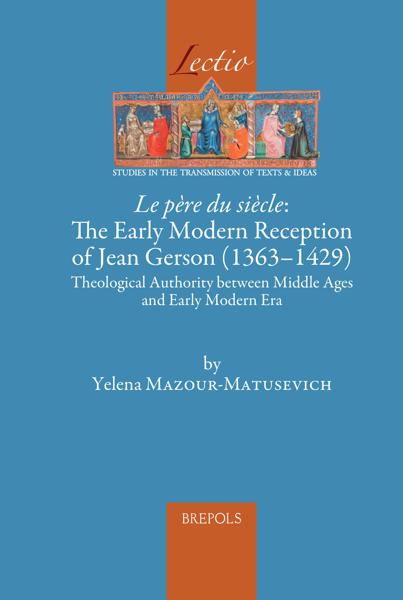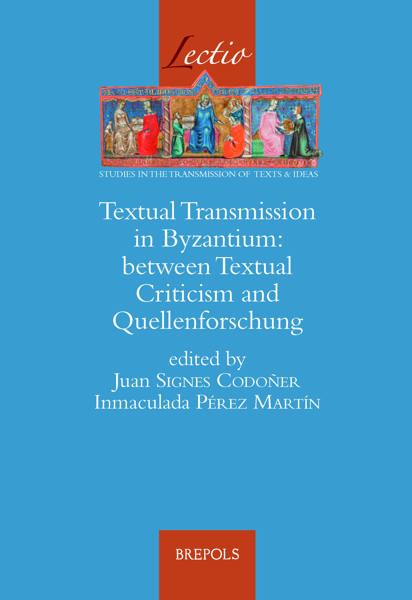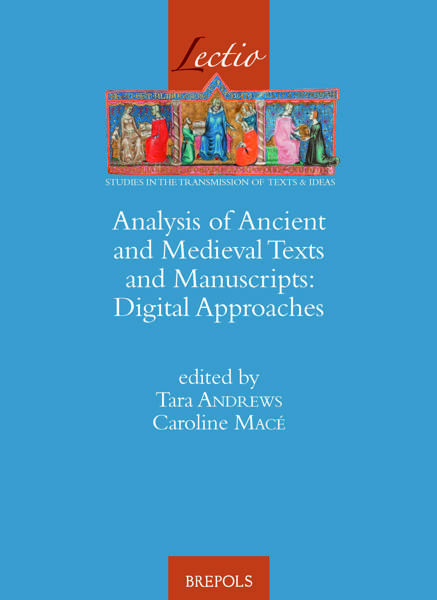
Networking through Biography
Constructing Intellectual Junctions in Antiquity, the Renaissance and the Arabo-Islamic World
Arjan Post, Geert Roskam, Stefan Schorn, Joseph Verheyden, Pietro Zaccaria (eds)
- Pages: approx. 472 p.
- Size:156 x 234 mm
- Illustrations:10 col.
- Language(s):English, Greek, Arabic
- Publication Year:2026
- € 125,00 EXCL. VAT RETAIL PRICE
- ISBN: 978-2-503-62000-8
- Hardback
- Forthcoming (Jun/26)
- € 125,00 EXCL. VAT RETAIL PRICE
- ISBN: 978-2-503-62001-5
- E-book
- Forthcoming
*How to pre-order?
This volume explores the networking function of biographical literature written in Greco-Roman antiquity, the Italian Renaissance and the Arabic Middle Period
Arjan Post is Associate Professor of Arabic and Islamic Studies at the Faculty of Arts, KU Leuven.
Geert Roskam is Professor of Greek Literature at the Faculty of Arts, KU Leuven.
Stefan Schorn is Professor of Ancient History at the Faculty of Arts, KU Leuven.
Joseph Verheyden is Full Professor (retired) of New Testament Studies at the Faculty of Theology and Religious Studies, KU Leuven.
Pietro Zaccaria is Senior Postdoctoral Fellow of the Research Foundation Flanders at the KU Leuven Ancient History Research Group.
Networking through Biography. Constructing Intellectual Junctions in Antiquity, the Renaissance and the Arabo-Islamic World collects thirteen contributions exploring various ways in which biography was used to create and modify intellectual networks in Greco-Roman antiquity, the Italian Renaissance and the Arabic Middle Period. The volume examines not only biographies in the proper sense of the term, but also other forms of biographical discourse, such as encyclopedias, historical works and autobiographies. The essays deal with biographies of a wide range of persons, including poets, politicians, semi-mythical lawgivers, philosophers, rhetoricians, Christian theologians, and Islamic scholars. By detecting parallel developments and different or similar networking strategies, the diachronic approach taken in the present volume reveals specific characteristics of networking through biography in different intellectual and literary traditions, showing that creating intellectual networks was an important, sometimes even the central, function of biographical writing.
Networking through Biography: Some Preliminary Comments (Arjan Post, Geert Roskam, Stefan Schorn, Joseph Verheyden & Pietro Zaccaria)
The Construction of Philosophical Networks in Hellenistic Biography: The Origins of Stoicism (Pietro Zaccaria)
An Epicurean and His Network in the Second Century BCE: The Life of Philonides of Laodicea on Sea (P.Herc. 1044/1715/1746) (Federica Nicolardi)
Biographies of Early Greek Lawgivers in the Suda (Martina Gatto)
Epaminondas’ Teachers and the Productive Network (Salvatore Tufano)
The Pseudo-Clementine Lives of Eminent (and Less-Eminent) Philosophers, Sophists, and Physicians: Christian Paideia and Fictionalising Networks in the Late Ancient Novel (Benjamin De Vos)
Curating the Christian Literary Tradition from Jerome to Isidore of Seville and Beyond (Graham Barrett)
Biographical Networks in Late-Antique Collections of Conciliar Texts (Luise Marion Frenkel)
Hesiod: The First ‘Autobiography’ and the Archaic Greek Lyric Poets (Franco Montanari)
A Laureate in Love? Networks, Communities, and Petrarch’s Italian Biographers (1350–1450) (Nicolas Longinotti)
Biography as a Tool for Networking in Italian Humanism: The Case of Francesco Filelfo (Ide François)
The Portrayal of the Transmission of Knowledge in Islamic Texts and Luʾluʾat al-Baḥrayn (The Pearl of Bahrain) by Yūsuf b. Aḥmad al-Baḥrānī (d. 1186/1772) (Devin J. Stewart)
Identifying a Community of Practice in 14th-17th Century Maghrib: An Alternative Study of Muḥammad Ibn Maryam’s (d. 1014/1605) Biographical Dictionary (Zakaria El Houbba)
The Networks and Text Reuse in the Shāfiʿī Biographical Writings of the Mamluk Era (Ossama A. S. Abdelgawwad)
Index nominum
Index locorum




